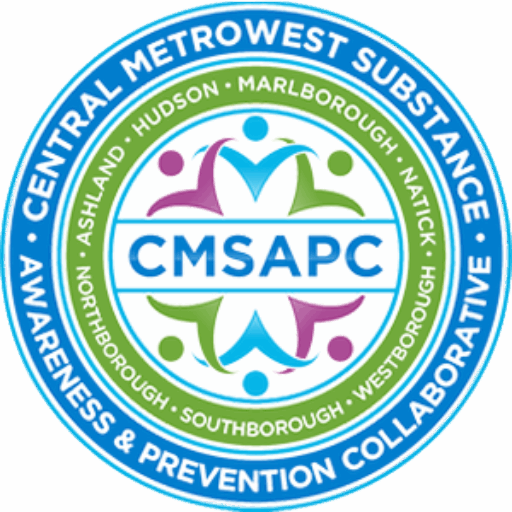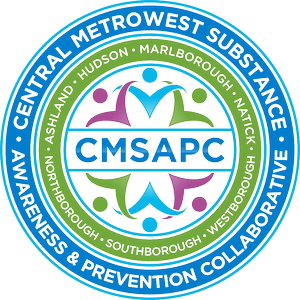Empowering Parents and Caregivers to Have Real Conversations About Cannabis
Across the Central MetroWest region, parents and caregivers consistently tell us the same thing. They want to talk to their kids about cannabis and other substances—they just aren’t always sure where to start, what to say, or how to keep the conversation going as their children grow. That’s exactly why the Central MetroWest Substance Awareness and Prevention Collaborative developed Talk Early. Talk Often., a campaign designed to build confidence, strengthen communication, and support youth well-being across Ashland, Hudson, Marlborough, Natick, Northborough, Southborough, and Westborough.
The message is simple. When parents and caregivers start these conversations early and continue them often, youth are more likely to delay use, make safer choices, and reach out for support when they need it. Even one strong, trusted adult can change the trajectory of a young person’s life.
Why This Campaign Matters
Cannabis has become more accessible and more widely accepted in today’s culture. Youth are hearing about it on social media, seeing it in stores, and watching it show up in conversations among their peers. What they aren’t always hearing are the facts. Research shows that cannabis use during adolescence can impact brain development, decision-making, emotional regulation, and school engagement. The earlier a young person starts using substances, the greater their risk for future dependence.
Parents and caregivers play a critical role in shaping youth attitudes and behaviors. When adults actively talk about their expectations and openly discuss risks, it reduces the chances that a young person will start using. Talk Early. Talk Often. was built to make those conversations easier, more informed, and more meaningful.
What the Campaign Offers
Talk Early. Talk Often. provides a range of simple, practical tools crafted with input from parents, local educators, youth workers, and prevention professionals across the region. These include
• Conversation guides that explain what to say at different ages
• Research-backed facts on cannabis and the teen brain
• Tips for listening without judgment
• Real-life scripts for responding to common statements like
“It’s legal now,” “Everyone does it,” or “It helps with stress”
• Videos and webinars featuring prevention experts
• An interactive website with resources families can use together
The campaign also connects families with local support services, school resources, and community coalitions working toward the same goal: reducing youth substance use and reinforcing protective factors at home.
Parents Don’t Have to Be Experts—Just Present
One of the strongest themes that emerged during community listening sessions was this: parents often believe they need perfect information before they can have these conversations. But what matters most is being present, listening, and showing your child that you care.
Talk Early. Talk Often. emphasizes small steps. Sitting together for a quick check-in after school. Asking open-ended questions. Showing curiosity. Noticing when something feels different. Letting kids know they can come to you without fear of getting in trouble.
These moments build trust. Trust builds communication. And communication builds healthier choices.
Looking Ahead
Throughout the coming year, CMSAPC will continue launching new tools, interactive web features, community events, and social media content to keep this campaign growing. With the help of our coalition partners, school districts, local health departments, and youth-serving organizations, we are committed to helping families feel prepared, confident, and supported.
Every parent and caregiver deserves accessible, honest information—and every young person deserves a safe environment where they can ask questions and make informed decisions.
Join Us
We invite families, schools, coaches, youth mentors, and community members to explore the campaign, share resources, and help normalize conversations that protect our young people.
Start the conversation. Shape their future.
Talk Early. Talk Often.



